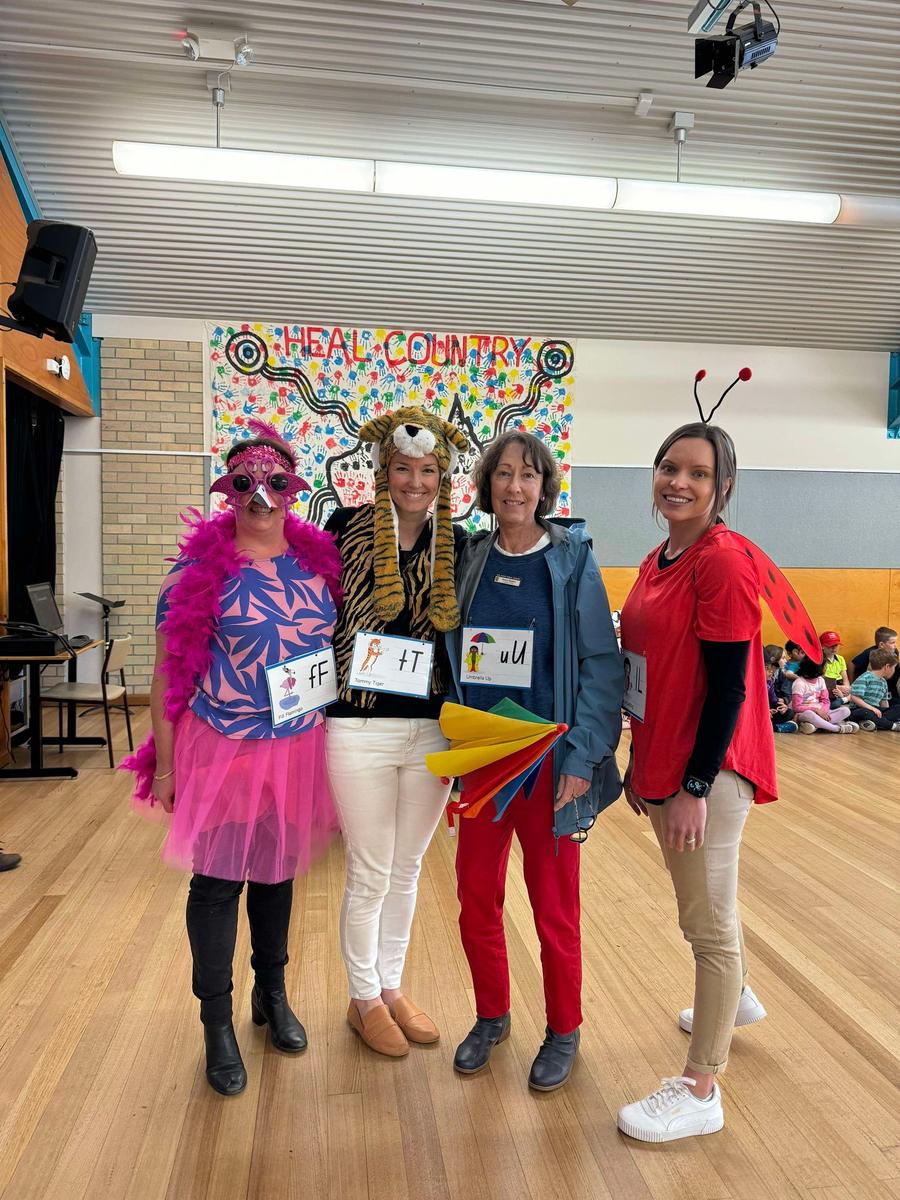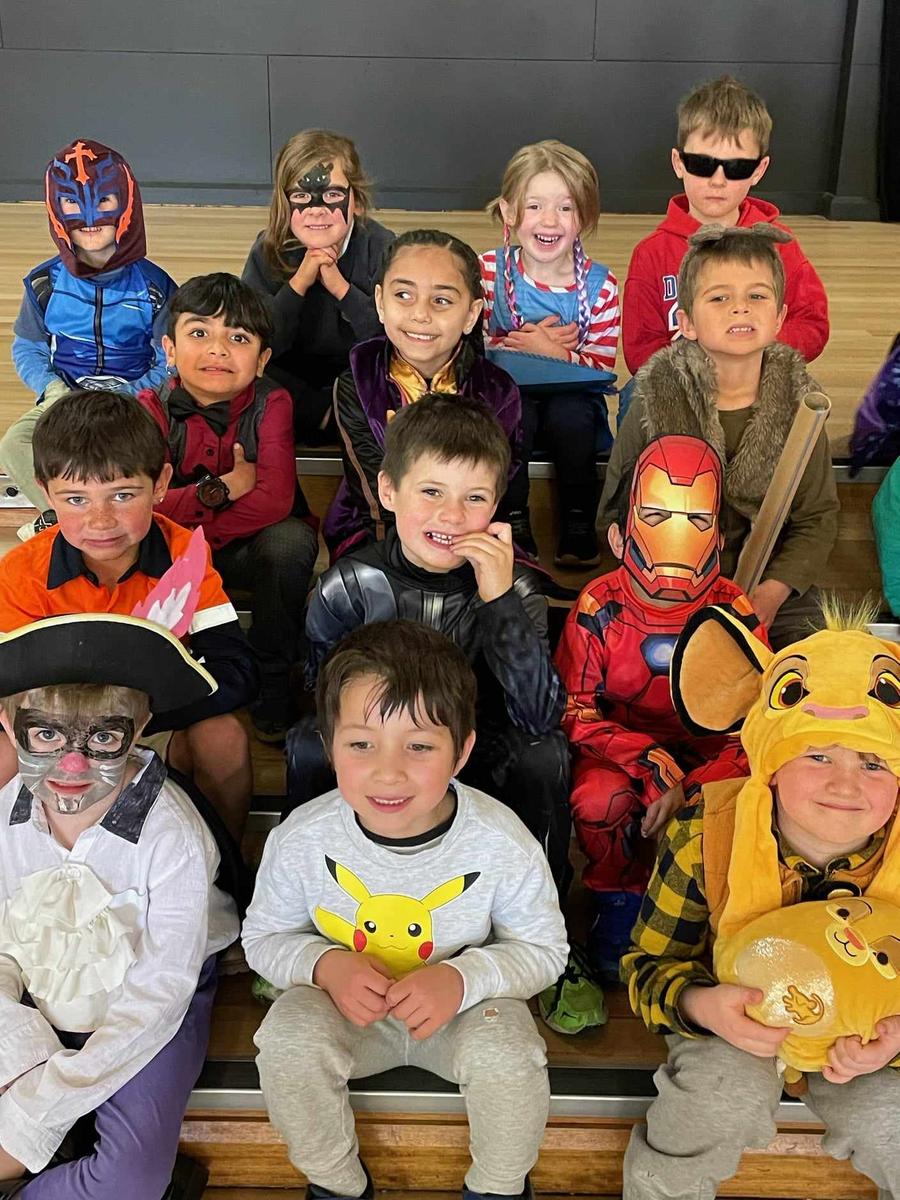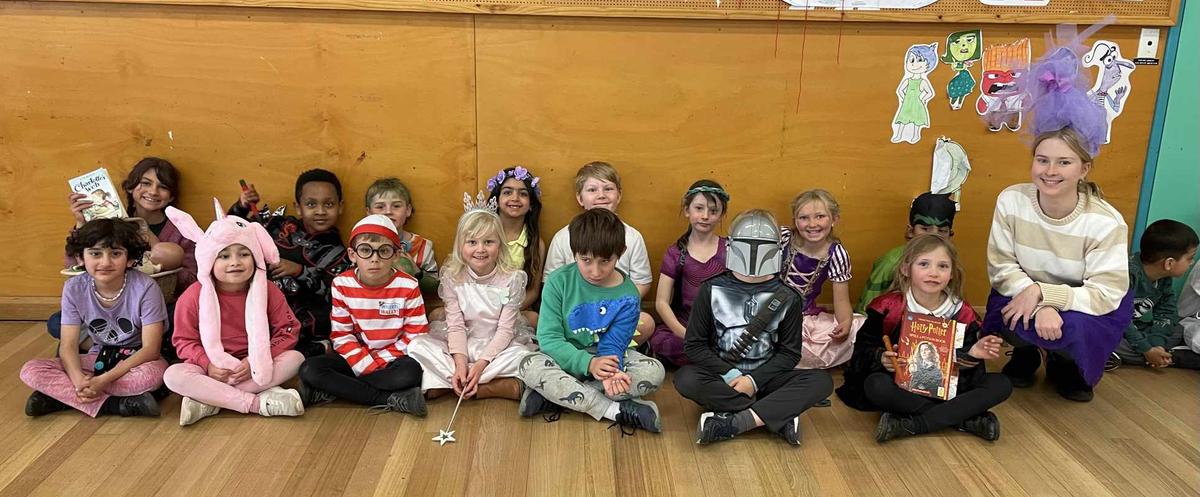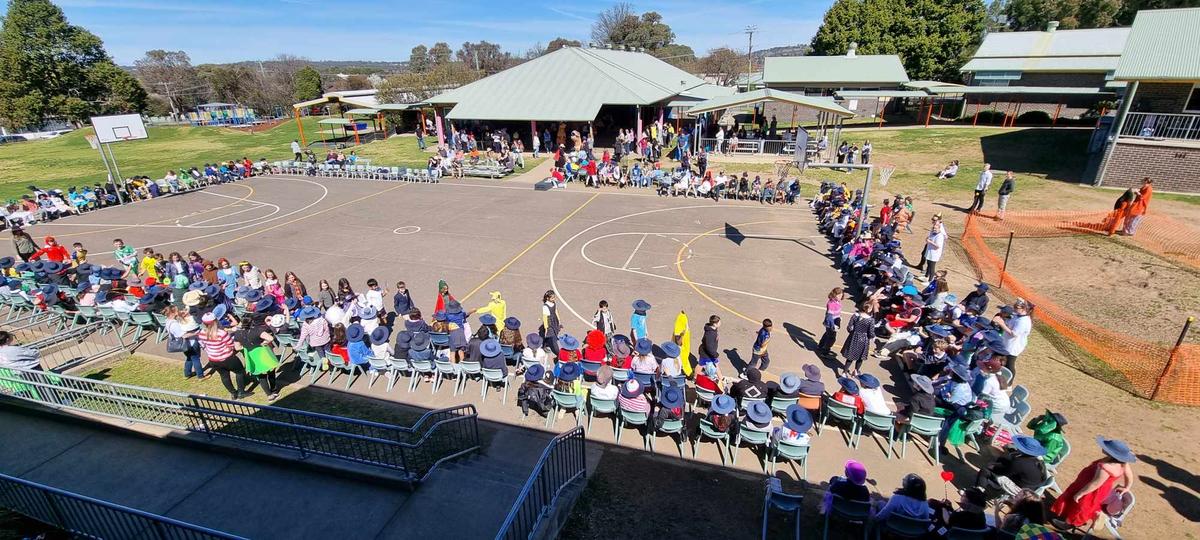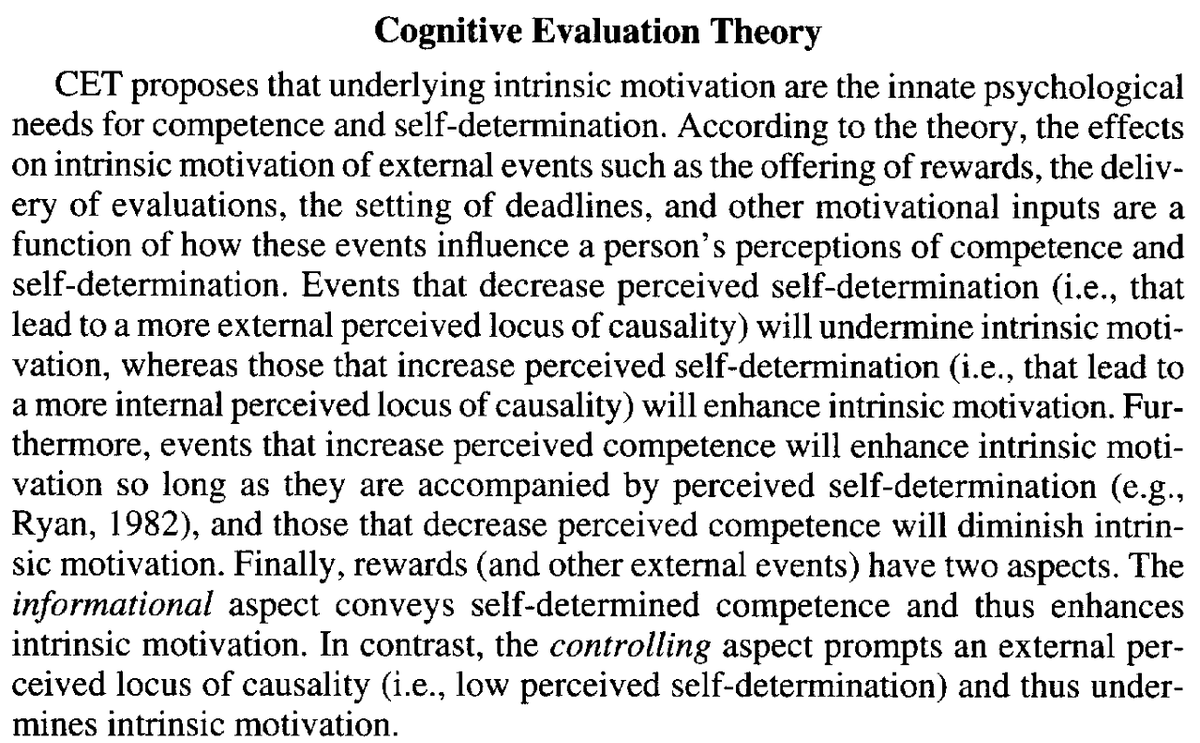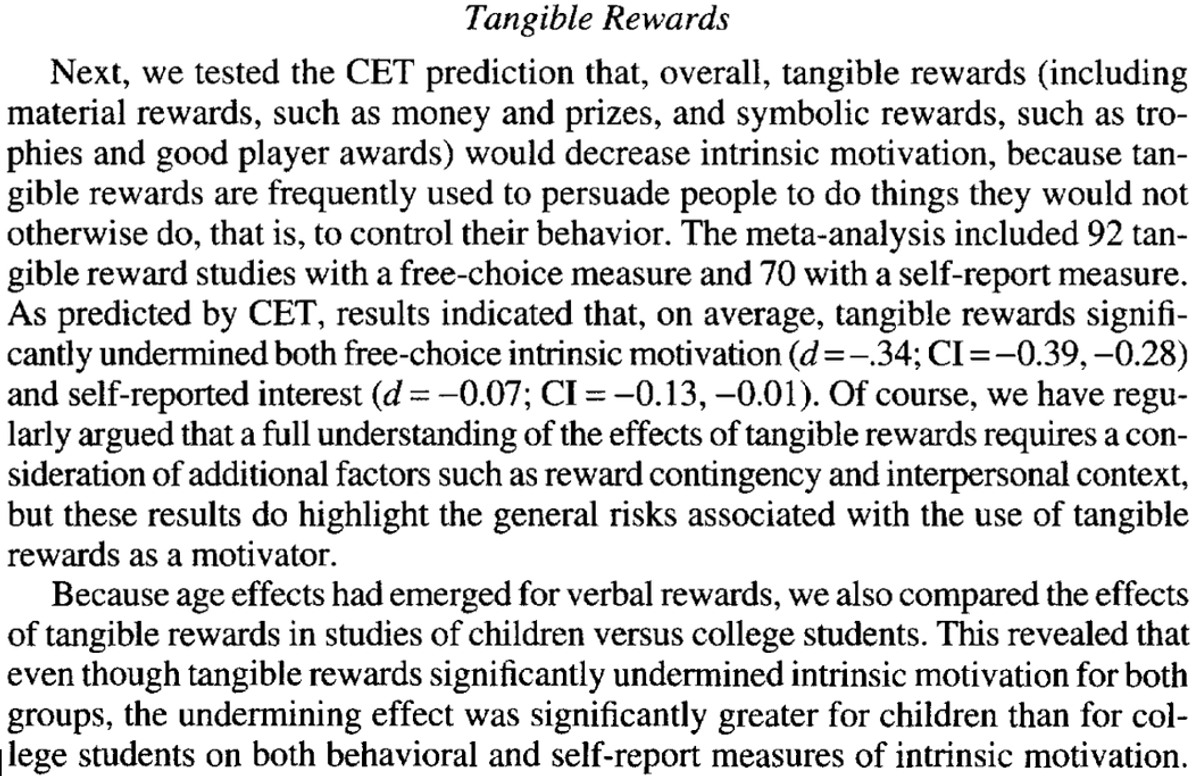Principal's Message
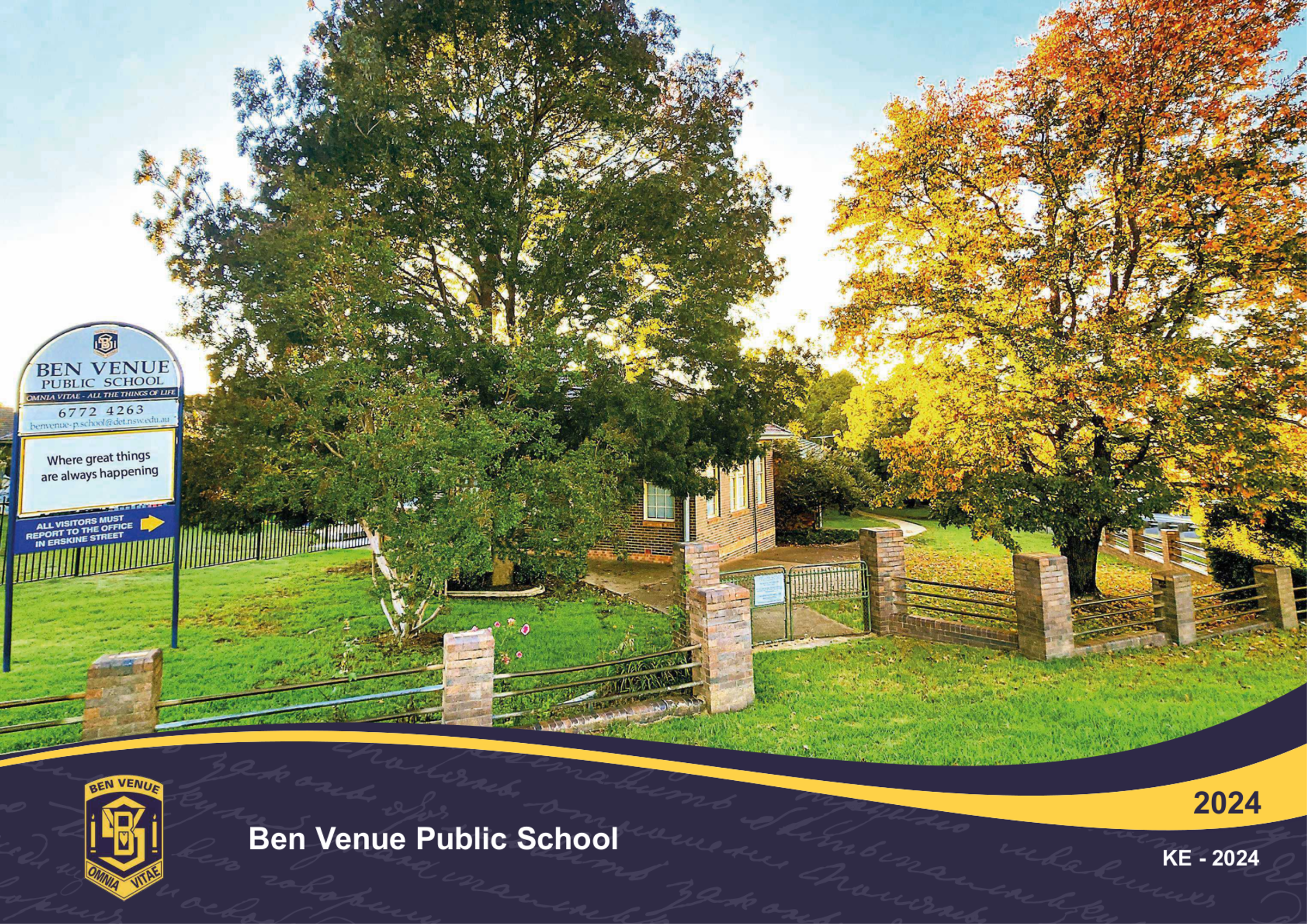
Welcome to Week 6 of Term 3.
Book Week
It was wonderful to see so many creative Book Week costumes on display last Friday. Thank you to everyone who was able to attend the parade, and to everyone who supported our Book Fair by purchasing items last week.
Stage 3 Canberra excursion
Stage 3 teachers, students and support staff will be arriving in Canberra at the time of this newsletter's publication. The students have a packed itinerary for the three days they spend in Canberra, including visits to:
- Parliament House
- National Museum of Australia
- Royal Australian Mint
- Australian War Memorial
- Questacon
- National Dinosaur Museum
- National Arboretum
- Museum of Australian Democracy
- National Capital Exhibition Centre
- Australian Nation Botanical Gardens
- Canberra Indoor Rock Climbing Centre
- Mount Ainslie Lookout
- Reconciliation Place
Thank you to Stage 3 parents and carers for supporting the attendance of our students. A special thank you also to Mr Osborn, Mrs Farmer, Mrs Watson, Mrs Pattison, Mrs Hunt, Mr Cotter, Mrs Pryce, Mrs Russell and Ms Walker for giving up their sleep and time with family to provide this exceptional opportunity for our students.
Stage 2 camp - Term 1, 2025
Later this year, families of students currently in Years 2 and 3 should receive information about an overnight excursion to Lake Keepit Sport and Recreation Centre in Term 1, 2025. The cost of this excursion is likely to be between $200 and $300. Our bookings are tentative at the moment, as dates for many Term 1 events outside of our control have yet to be determined.
Intrinsic motivation
In our last newsletter, Dan Pink's TED Talk discussed the negative impact of rewards on intrinsic motivation and on task performance involving creativity or higher-order thinking. This effect is neatly expressed by Le Courtois (2024):
Intrinsic motivation is associated with a range of positive outcomes. For example, when people are intrinsically motivated, they are more creative (Amabile, 1985) and reason more analytically (Boggiano et al., 1993). Rewards can lead to better performance for ‘mindless’ tasks where quantity, not quality, matters (Cerasoli, Nicklin and Ford, 2014) – stacking boxes, for example – but when it comes to quality, intrinsically motivated individuals do better (Cerasoli, Nicklin and Ford, 2014), especially if the task is interesting or there is no obvious solution.
Our work to develop intrinsic motivation, goal setting skills and a sense of agency in our students is reflected in the learning our teachers have been undertaking in student goal setting, self- and peer-feedback strategies. In this newsletter, we have provided a brief insight into some of the research evidence and results of consultation with students that informed our decision to focus on recognition rather than reward.
A meta-analysis of research conducted by Deci, Koestner & Ryan (2001) - Extrinsic rewards and intrinsic motivation in education: Reconsidered once again, provides an interesting and well considered review of the different applications of reward and their effects on motivation. This article is linked below.
The authors provide a helpful summary of Cognitive Evaluation Theory, which I have included here:
The presentation of awards is one of the types of reward that is considered by Deci et al. They provide their analysis of relevant research and summary of the impact of such awards:
Another informative read relating to the potentially damaging effect of awards is provided by Alfie Kohn, in his book, Punished by rewards: The trouble with gold stars, incentive plans, As, praise and other incentives.
While there are certainly nuances to the research evidence, relating to the type of reward and how rewards are applied, as well as some disagreement between researchers, our decision as a school to focus on recognition rather than reward/award was also heavily informed by what our students were telling us. A combination of focus group interviews, surveys and class discussions held in 2021 and 2022, identified the following recurring perspectives held by students:
- Students often get awards when they are less deserving than others, as a strategy to encourage better behaviours. When this occurs, students who have been engaging in more positive behaviours feel a sense of injustice and are demotivated.
- Teachers work on a system requiring a certain number of awards to be handed out each term, so all students need to do is wait their turn and they will get an award.
- Students should want to learn for themselves, not to please someone else.
- When students put in a particular effort and are not awarded a certificate (but others are), they feel that their work is not valued and this leads to decreased motivation.
Each of these points above represents summaries of perspectives that were independently expressed by a number of students and supported by others involved in the discussions.
Cam Pryce
Principal


